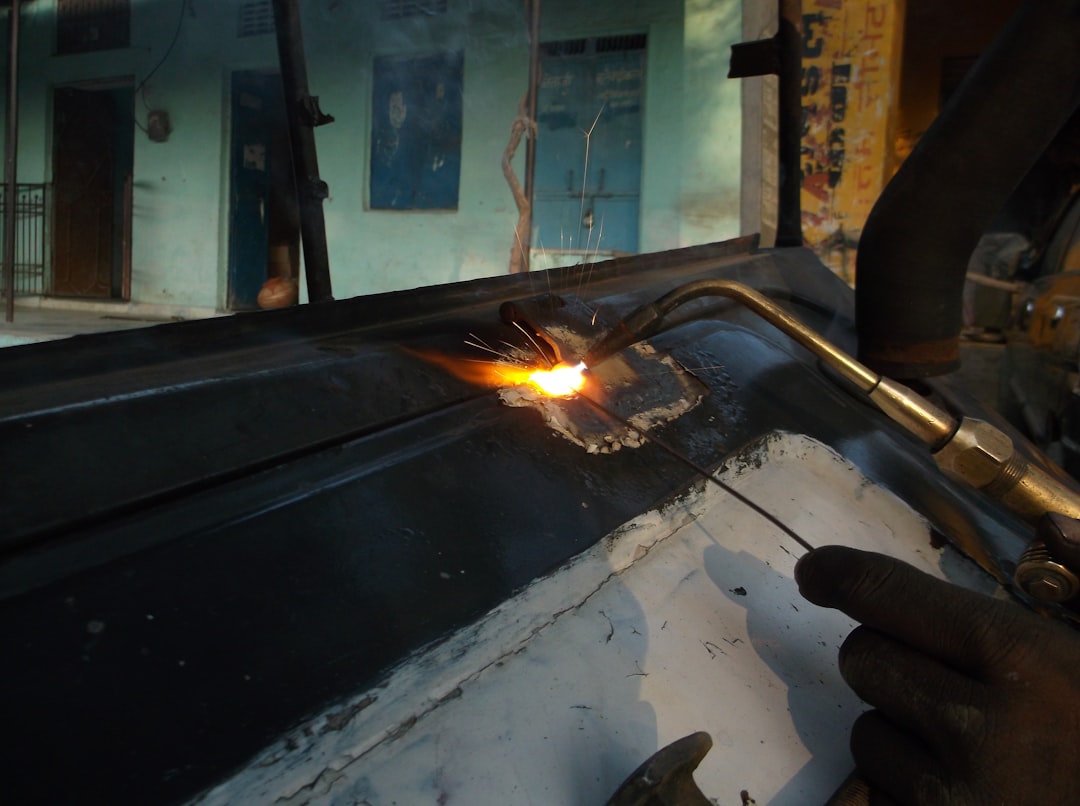The global steel industry is a complex network of manufacturers, suppliers, distributors, and consumers spanning continents. Efficient and secure financial transactions are the lifeblood of this industry, underpinning the smooth flow of raw materials and finished products. This post explores the essential steel trade finance tools that facilitate this intricate global trade, mitigating risks and ensuring timely payments.
Letters of Credit (LCs): The Cornerstone of Steel Trade Security
Letters of credit are arguably the most crucial instrument in steel trade finance. Issued by a buyer’s bank, an LC guarantees payment to the seller (steel producer or exporter) upon fulfillment of specific conditions outlined in the contract. These conditions typically include the presentation of shipping documents proving the goods have been shipped as agreed. For steel exporters, LCs offer significant security, reducing the risk of non-payment from overseas buyers. Different types of LCs exist, including irrevocable, confirmed, and transferable LCs, each offering varying degrees of protection and flexibility. Understanding the nuances of each type is crucial for selecting the optimal solution for a particular transaction.
Factoring: Streamlining Receivables and Improving Cash Flow
Factoring is a powerful tool for steel companies, particularly exporters, looking to improve their cash flow. It involves selling outstanding invoices (receivables) to a specialized financial institution, known as a factor, at a discounted rate. This provides immediate access to working capital, allowing businesses to meet their short-term obligations and invest in growth opportunities. Factoring is particularly beneficial for steel companies with a large volume of sales on credit, as it frees up capital tied up in receivables. The factor takes on the responsibility of collecting payment from the buyers, minimizing the administrative burden on the steel company.
Forfaiting: Financing Long-Term Steel Export Contracts
Forfaiting is a specialized form of trade finance suitable for long-term steel export contracts. It involves the purchase of medium- to long-term promissory notes (typically exceeding 180 days) from the exporter by a forfaiter (a financial institution). The forfaiter assumes the credit risk associated with the buyer, providing the exporter with immediate payment. This is particularly advantageous for large, complex steel projects where payment terms extend over several months or years. The forfaiter’s expertise in assessing and managing international credit risk makes this a valuable tool for managing the financial uncertainties inherent in long-term steel trade.
Export Credit Agencies (ECAs): Support for High-Value Steel Projects
Export Credit Agencies (ECAs) are government-backed institutions that provide financial support to exporters, including those in the steel industry. They offer various financing solutions, such as loan guarantees, insurance against buyer default, and direct lending. ECAs are particularly crucial for financing large-scale steel projects in developing countries, where the credit risk may be higher. Their involvement helps to mitigate political and commercial risks, making these projects more attractive to investors and financiers. Accessing ECA support often requires navigating complex application processes and fulfilling specific requirements, but the benefits in terms of risk mitigation and access to financing can be substantial.
Bank Guarantees: Ensuring Contractual Obligations in Steel Transactions
Bank guarantees provide assurance that a party will fulfill its contractual obligations. In steel trade, these guarantees can cover various aspects, such as performance guarantees (ensuring the timely delivery of steel products), advance payment guarantees (protecting the buyer against the seller’s failure to deliver), and bid bonds (guaranteeing the bidder’s seriousness in a tender). These instruments enhance trust and confidence in international steel transactions, reducing the risk of disputes and delays. The issuing bank’s strong financial standing provides a significant layer of security for both buyers and sellers.
Selecting the appropriate steel trade finance tool depends on several factors, including the size and nature of the transaction, the creditworthiness of the buyer, the payment terms, and the risk tolerance of the involved parties. Consulting with experienced trade finance professionals is crucial to ensure the selection of the most suitable and efficient solution.
SEO-Friendly Tags:
- Steel Trade Finance
- Letters of Credit
- Trade Finance for Steel Industry
- Steel Export Finance
- Supply Chain Finance in Steel




